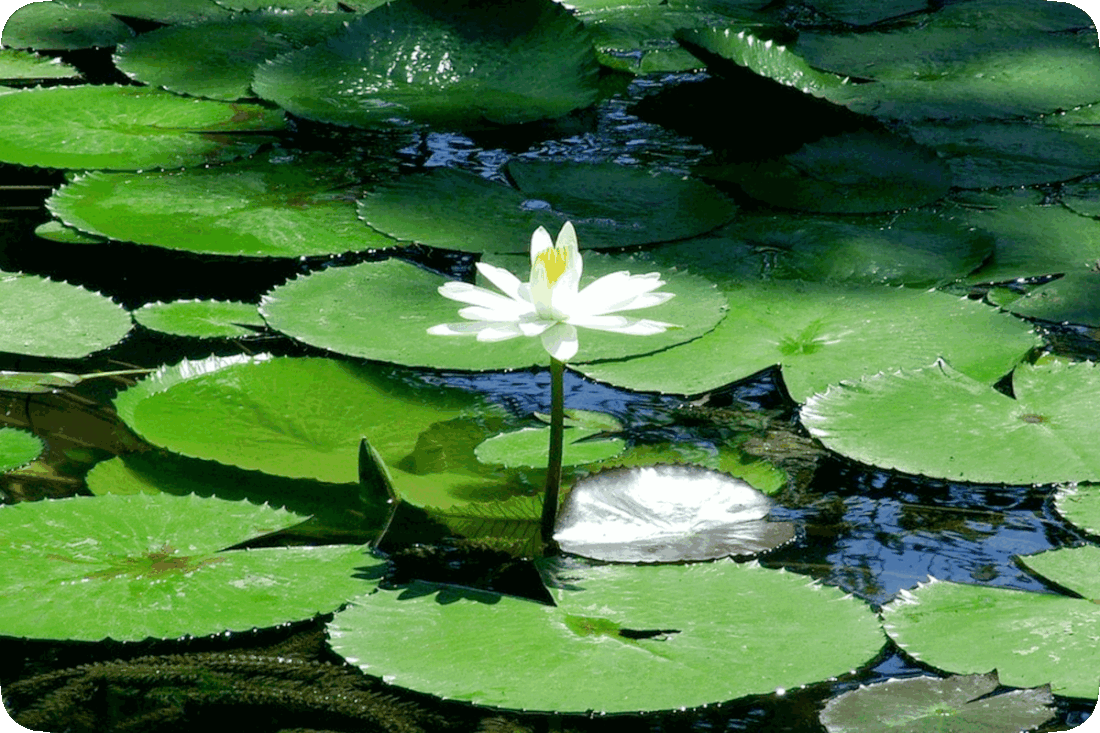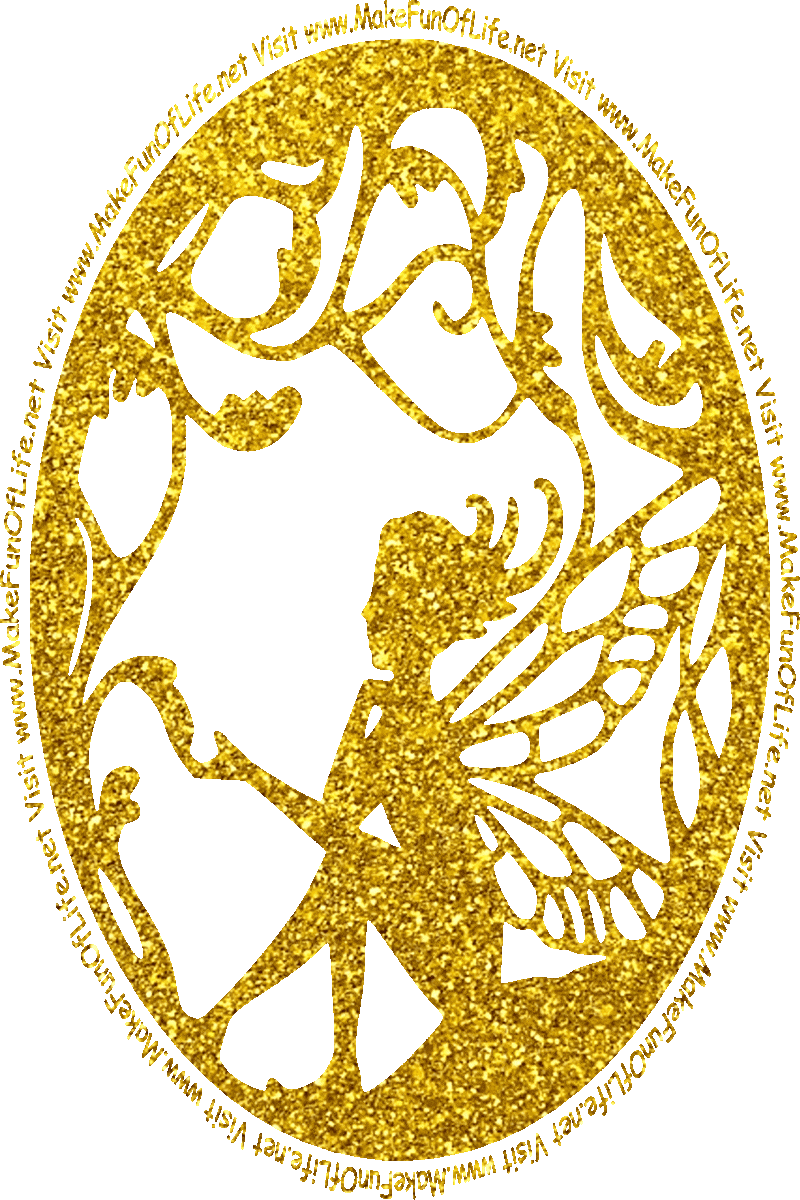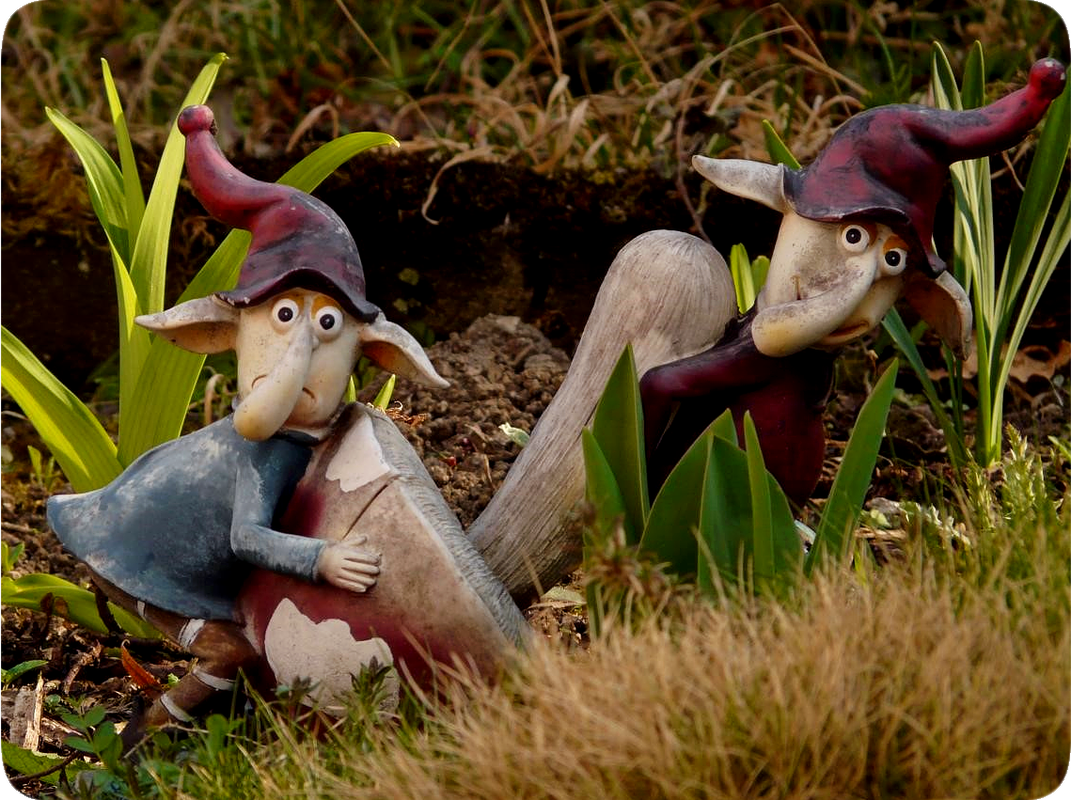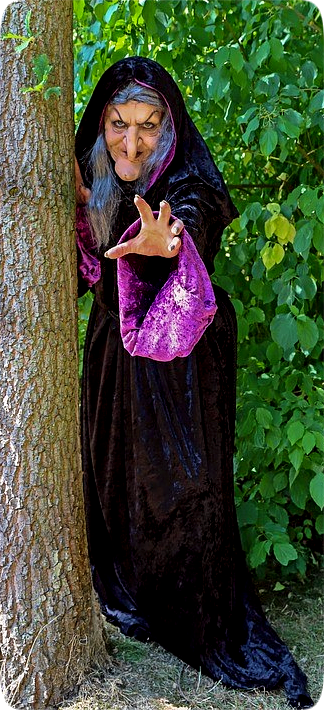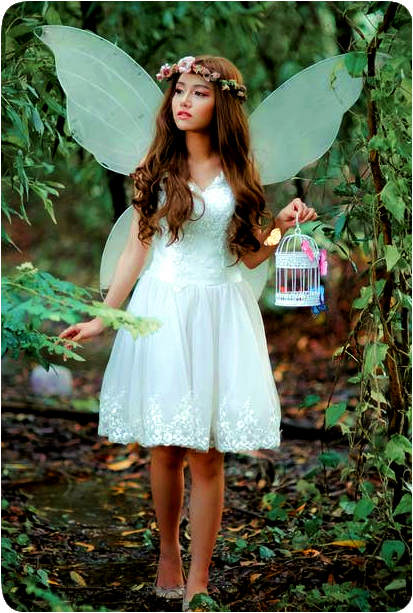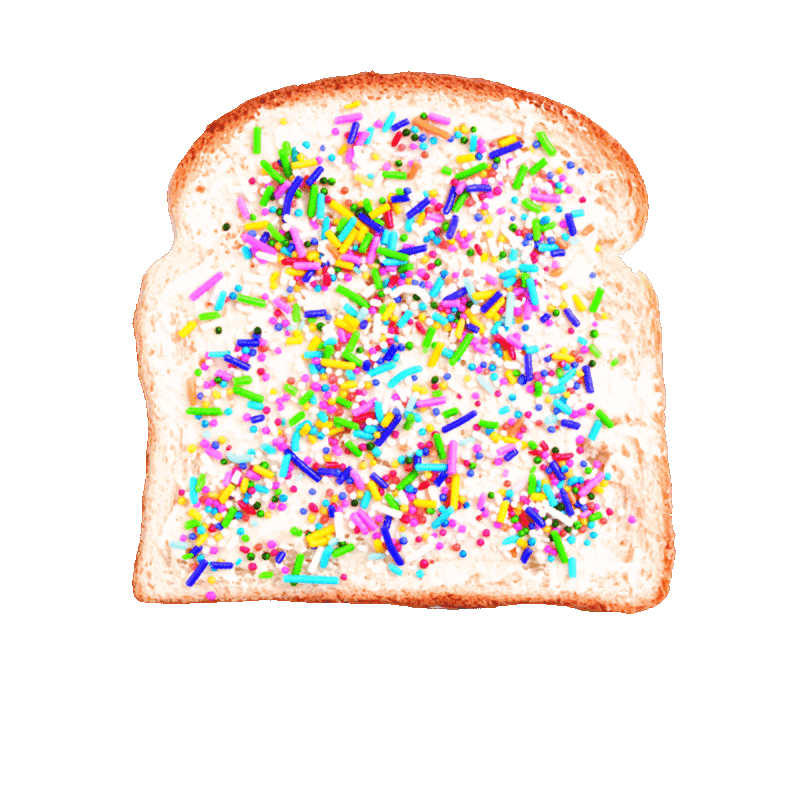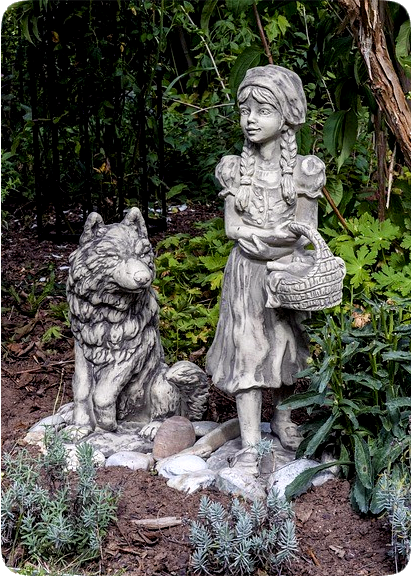The Water Lily
There was once a little boy who was very fond of pictures. There were not many pictures for him to look at, for he lived long ago near a great American forest. His father and mother had come from England, but his father was dead now. His mother was very poor, but there were still a few beautiful pictures on the walls of her house.
The little boy liked to copy these pictures; but as he was not fond of work, he often threw his drawings away before they were half done. He said that he wished that some good fairy would finish them for him.
“Child,” said his mother, “I don’t believe that there are any fairies. I never saw one, and your father never saw one. Mind your books, my child, and never mind the fairies.”
“Very well, mother,” said the boy.
“It makes me sad to see you stand looking at the pictures,” said his mother another day, as she laid her hand on his curly head. “Why, child, pictures can’t feed a body, pictures can’t clothe a body, and a log of wood is far better to burn and warm a body.”
“All that is quite true, mother,” said the boy.
“Then why do you keep looking at them, child?” but the boy could only say, “I don’t know, mother.”
“You don’t know! Nor I, neither! Why, child, you look at the dumb things as if you loved them! Put on your cap and run out to play.”
So the boy wandered off into the forest till he came to the brink of a little sheet of water. It was too small to be called a lake; but it was deep and clear, and was overhung with tall trees. It was evening, and the sun was getting low. The boy stood still beside the water and thought how beautiful it was to see the sun, red and glorious, between the black trunks of the pine trees. Then he looked up at the great blue sky and thought how beautiful it was to see the little clouds folding over one another like a belt of rose-colored waves. Then he looked at the lake and saw the clouds and the sky and the trees all reflected there, down among the lilies.
And he wished that he were a painter, for he said to himself, “I am sure there are no trees in the world with such beautiful leaves as these pines. I am sure there are no clouds in the world so lovely as these. I know this is the prettiest little lake in the world, and if I could paint it, every one else would know it, too.”
But he had nothing to paint with. So he picked a lily and sat down with it in his hand and tried very hard to make a correct drawing of it. But he could not make a very good picture. At last he threw down his drawing and said to the lily:
“You are too beautiful to draw with a pencil. How I wish I were a painter!”
As he said these words he felt the flower move. He looked, and the cluster of stamens at the bottom of the lily-cup glittered like a crown of gold. The dewdrops which hung upon the stamens changed to diamonds before his eyes. The white petals flowed together, and the next moment a beautiful little fairy stood on his hand. She was no taller than the lily from which she came, and she was dressed in a robe of the purest white.
“Child, are you happy?” she asked.
“No,” said the boy in a low voice, “because I want to paint and I cannot.”
“How do you know that you cannot?” asked the fairy.
“Oh, I have tried a great many times. It is of no use to try any more.”
“But I will help you.”
“Oh,” said the boy. “Then I might succeed.”
“I heard your wish, and I am willing to help you,” said the fairy. “I know a charm which will give you success. But you must do exactly as I tell you. Do you promise to obey?”
“Spirit of a water lily!” said the boy, “I promise with all my heart.”
“Go home, then,” said the fairy, “and you will find a little key on the doorstep. Take it up and carry it to the nearest pine tree; strike the trunk with it, and a keyhole will appear. Do not be afraid to unlock the door. Slip in your hand, and you will bring out a magic palette. You must be very careful to paint with colors from that palette every day. On this depends the success of the charm. You will find that it will make your pictures beautiful and full of grace.”
“If you do not break the spell, I promise you that in a few years you shall be able to paint this lily so well that you will be satisfied; and that you shall become a truly great painter.”
“Can it be possible?” said the boy. And the hand on which the fairy stood trembled for joy.
“It shall be so, if only you do not break the charm,” said the fairy. “But lest you forget what you owe to me, and as you grow older even begin to doubt that you have ever seen me, the lily you gathered to-day will never fade till my promise is fulfilled.”
The boy raised his eyes, and when he looked again there was nothing in his hand but the flower.
He arose with the lily in his hand, and went home at once. There on the doorstep was the little key, and in the pine tree he found the magic palette. He was so delighted with it and so afraid that he might break the spell that he began to work that very night. After that he spent nearly all his time working with the magic palette. He often passed whole days beside the sheet of water in the forest. He painted it when the sun shone on it and it was spotted all over with the reflections of fleeting white clouds. He painted it covered with water lilies rocking on the ripples. He painted it by moonlight, when but two or three stars in the empty sky shone down upon it; and at sunset, when it lay trembling like liquid gold.
So the years passed, and the boy grew to be a man. He had never broken the charm. The lily had never faded, and he still worked every day with his magic palette.
But no one cared for his pictures. Even his mother did not like them. His forests and misty hills and common clouds were too much like the real ones. She said she could see as good any day by looking out of her window. All this made the young man very unhappy. He began to doubt whether he should ever be a painter, and one day he threw down his palette. He thought the fairy had deserted him.
He threw himself on his bed. It grew dark, and he soon fell asleep; but in the middle of the night he awoke with a start. His chamber was full of light, and his fairy friend stood near.
“Shall I take back my gift?” she asked.
“Oh, no, no, no!” he cried. He was rested now, and he did not feel so much discouraged.
“If you still wish to go on working, take this ring,” said the fairy. “My sister sends it to you. Wear it, and it will greatly assist the charm.”
He took the ring, and the fairy was gone. The ring was set with a beautiful blue stone, which reflected everything bright that came near it; and he thought he saw inside the ring the one word - “Hope.”
Many more years passed. The young man’s mother died, and he went far, far from home. In the strange land to which he went people thought his pictures were wonderful; and he had become a great and famous painter.
One day he went to see a large collection of pictures in a great city. He saw many of his own pictures, and some of them had been painted before he left his forest home. All the people and the painters praised them; but there was one that they liked better than the others. It was a picture of a little child, holding in its hands several water lilies.
Toward evening the people departed one by one, till he was left alone with his masterpieces. He was sitting in a chair thinking of leaving the place, when he suddenly fell asleep. And he dreamed that he was again standing near the little lake in his native land, watching the rays of the setting sun as they melted away from its surface. The beautiful lily was in his hand, and while he looked at it the leaves became withered, and fell at his feet. Then he felt a light touch on his hand. He looked up, and there on the chair beside him stood the little fairy.
“O wonderful fairy!” he cried, “how can I thank you for your magic gift? I can give you nothing but my thanks. But at least tell me your name, so that I may cut it on a ring and always wear it.”
“My name,” replied the fairy, “is Perseverance.”
by Jean Ingelow
Jean Ingelow was born on 17 March 1820 in Boston, Lincolnshire, England. She became a poet, a children’s story writer, and a novelist. Jean Ingelow passed on at 77 years of age on 20 July 1897 in Kensington, London, England.
There was once a little boy who was very fond of pictures. There were not many pictures for him to look at, for he lived long ago near a great American forest. His father and mother had come from England, but his father was dead now. His mother was very poor, but there were still a few beautiful pictures on the walls of her house.
The little boy liked to copy these pictures; but as he was not fond of work, he often threw his drawings away before they were half done. He said that he wished that some good fairy would finish them for him.
“Child,” said his mother, “I don’t believe that there are any fairies. I never saw one, and your father never saw one. Mind your books, my child, and never mind the fairies.”
“Very well, mother,” said the boy.
“It makes me sad to see you stand looking at the pictures,” said his mother another day, as she laid her hand on his curly head. “Why, child, pictures can’t feed a body, pictures can’t clothe a body, and a log of wood is far better to burn and warm a body.”
“All that is quite true, mother,” said the boy.
“Then why do you keep looking at them, child?” but the boy could only say, “I don’t know, mother.”
“You don’t know! Nor I, neither! Why, child, you look at the dumb things as if you loved them! Put on your cap and run out to play.”
So the boy wandered off into the forest till he came to the brink of a little sheet of water. It was too small to be called a lake; but it was deep and clear, and was overhung with tall trees. It was evening, and the sun was getting low. The boy stood still beside the water and thought how beautiful it was to see the sun, red and glorious, between the black trunks of the pine trees. Then he looked up at the great blue sky and thought how beautiful it was to see the little clouds folding over one another like a belt of rose-colored waves. Then he looked at the lake and saw the clouds and the sky and the trees all reflected there, down among the lilies.
And he wished that he were a painter, for he said to himself, “I am sure there are no trees in the world with such beautiful leaves as these pines. I am sure there are no clouds in the world so lovely as these. I know this is the prettiest little lake in the world, and if I could paint it, every one else would know it, too.”
But he had nothing to paint with. So he picked a lily and sat down with it in his hand and tried very hard to make a correct drawing of it. But he could not make a very good picture. At last he threw down his drawing and said to the lily:
“You are too beautiful to draw with a pencil. How I wish I were a painter!”
As he said these words he felt the flower move. He looked, and the cluster of stamens at the bottom of the lily-cup glittered like a crown of gold. The dewdrops which hung upon the stamens changed to diamonds before his eyes. The white petals flowed together, and the next moment a beautiful little fairy stood on his hand. She was no taller than the lily from which she came, and she was dressed in a robe of the purest white.
“Child, are you happy?” she asked.
“No,” said the boy in a low voice, “because I want to paint and I cannot.”
“How do you know that you cannot?” asked the fairy.
“Oh, I have tried a great many times. It is of no use to try any more.”
“But I will help you.”
“Oh,” said the boy. “Then I might succeed.”
“I heard your wish, and I am willing to help you,” said the fairy. “I know a charm which will give you success. But you must do exactly as I tell you. Do you promise to obey?”
“Spirit of a water lily!” said the boy, “I promise with all my heart.”
“Go home, then,” said the fairy, “and you will find a little key on the doorstep. Take it up and carry it to the nearest pine tree; strike the trunk with it, and a keyhole will appear. Do not be afraid to unlock the door. Slip in your hand, and you will bring out a magic palette. You must be very careful to paint with colors from that palette every day. On this depends the success of the charm. You will find that it will make your pictures beautiful and full of grace.”
“If you do not break the spell, I promise you that in a few years you shall be able to paint this lily so well that you will be satisfied; and that you shall become a truly great painter.”
“Can it be possible?” said the boy. And the hand on which the fairy stood trembled for joy.
“It shall be so, if only you do not break the charm,” said the fairy. “But lest you forget what you owe to me, and as you grow older even begin to doubt that you have ever seen me, the lily you gathered to-day will never fade till my promise is fulfilled.”
The boy raised his eyes, and when he looked again there was nothing in his hand but the flower.
He arose with the lily in his hand, and went home at once. There on the doorstep was the little key, and in the pine tree he found the magic palette. He was so delighted with it and so afraid that he might break the spell that he began to work that very night. After that he spent nearly all his time working with the magic palette. He often passed whole days beside the sheet of water in the forest. He painted it when the sun shone on it and it was spotted all over with the reflections of fleeting white clouds. He painted it covered with water lilies rocking on the ripples. He painted it by moonlight, when but two or three stars in the empty sky shone down upon it; and at sunset, when it lay trembling like liquid gold.
So the years passed, and the boy grew to be a man. He had never broken the charm. The lily had never faded, and he still worked every day with his magic palette.
But no one cared for his pictures. Even his mother did not like them. His forests and misty hills and common clouds were too much like the real ones. She said she could see as good any day by looking out of her window. All this made the young man very unhappy. He began to doubt whether he should ever be a painter, and one day he threw down his palette. He thought the fairy had deserted him.
He threw himself on his bed. It grew dark, and he soon fell asleep; but in the middle of the night he awoke with a start. His chamber was full of light, and his fairy friend stood near.
“Shall I take back my gift?” she asked.
“Oh, no, no, no!” he cried. He was rested now, and he did not feel so much discouraged.
“If you still wish to go on working, take this ring,” said the fairy. “My sister sends it to you. Wear it, and it will greatly assist the charm.”
He took the ring, and the fairy was gone. The ring was set with a beautiful blue stone, which reflected everything bright that came near it; and he thought he saw inside the ring the one word - “Hope.”
Many more years passed. The young man’s mother died, and he went far, far from home. In the strange land to which he went people thought his pictures were wonderful; and he had become a great and famous painter.
One day he went to see a large collection of pictures in a great city. He saw many of his own pictures, and some of them had been painted before he left his forest home. All the people and the painters praised them; but there was one that they liked better than the others. It was a picture of a little child, holding in its hands several water lilies.
Toward evening the people departed one by one, till he was left alone with his masterpieces. He was sitting in a chair thinking of leaving the place, when he suddenly fell asleep. And he dreamed that he was again standing near the little lake in his native land, watching the rays of the setting sun as they melted away from its surface. The beautiful lily was in his hand, and while he looked at it the leaves became withered, and fell at his feet. Then he felt a light touch on his hand. He looked up, and there on the chair beside him stood the little fairy.
“O wonderful fairy!” he cried, “how can I thank you for your magic gift? I can give you nothing but my thanks. But at least tell me your name, so that I may cut it on a ring and always wear it.”
“My name,” replied the fairy, “is Perseverance.”
by Jean Ingelow
Jean Ingelow was born on 17 March 1820 in Boston, Lincolnshire, England. She became a poet, a children’s story writer, and a novelist. Jean Ingelow passed on at 77 years of age on 20 July 1897 in Kensington, London, England.
